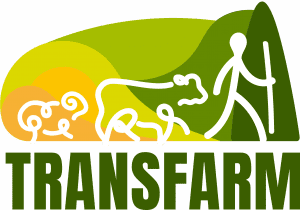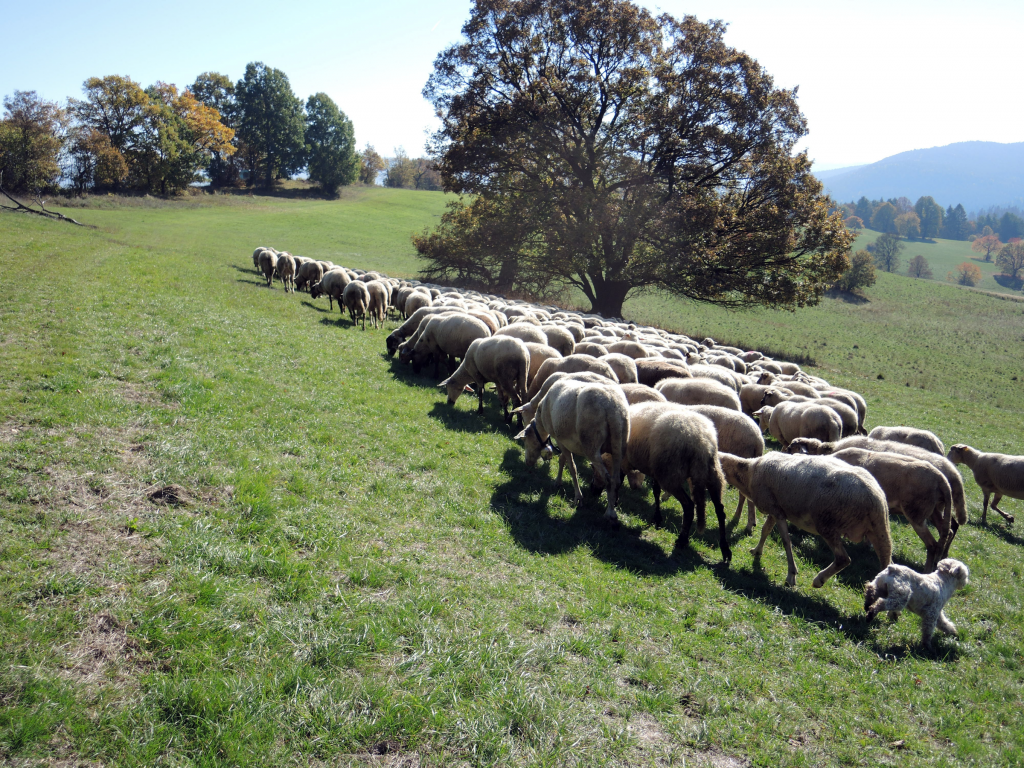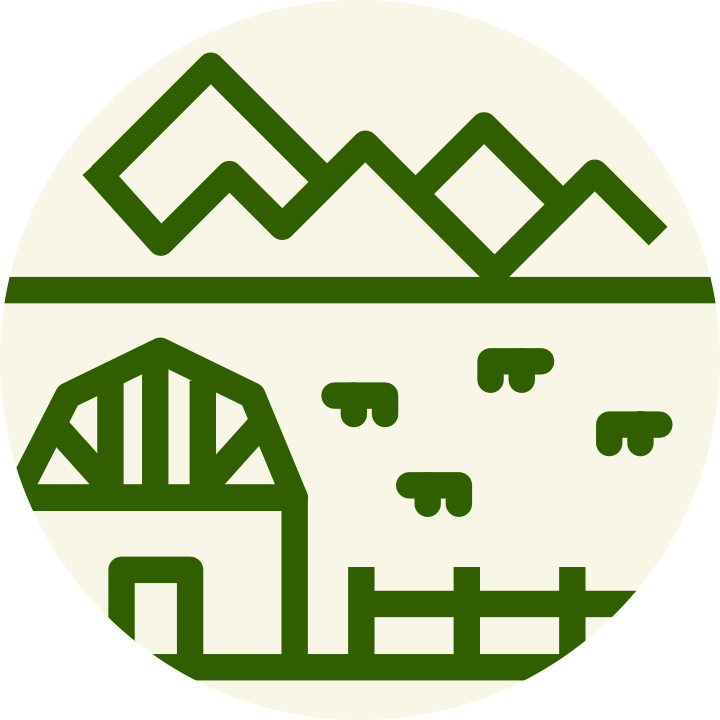The business builds on previous experience and family traditions, and an existing infrastructure of a former agricultural cooperative. After the Velvet Revolution, during the 1990s, many state-owned farms were transformed into private companies, and the Farm Milko Ltd. is one of them. The existing infrastructure was a key factor that helped to start the business.



